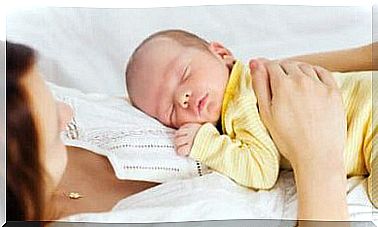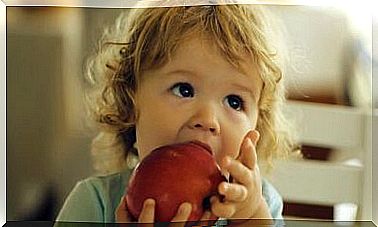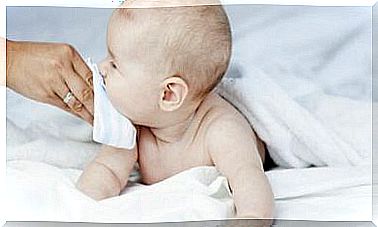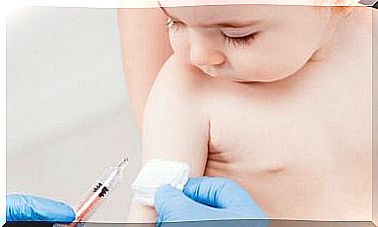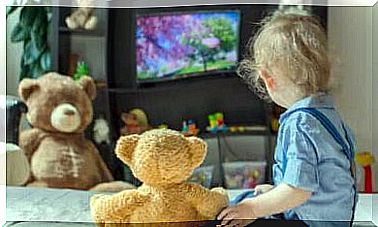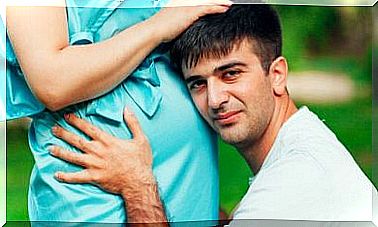The Use Of Sut: Truths And Myths You Need To Know
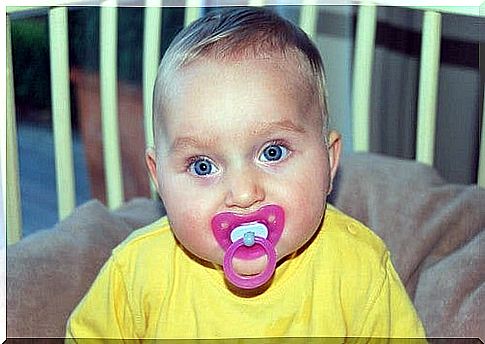
Many parents choose to use a pacifier from the moment their baby is born. The use of a pacifier is so that the baby can be soothed and comforted when it needs it.
The pacifier is also there to prevent babies from sucking on the thumb, although this is not always possible. But if you decide to give your baby a pacifier, then you have no doubt heard all the opinions about it.
Many mothers believe that a pacifier is a bad idea for babies and that it should be avoided. The reality is that pacifiers can be appropriate at times: when the baby is asleep. When they are sick, or when you just need to calm them down when they are nervous. This, of course, is done with your love.
Using a pacifier as a baby will not affect your baby’s speech skills, their teeth or anything else.
Pediatric dentists and pediatricians will tell you that it is always an advantage for your child to use a pacifier so that they do not suck on the thumb.
Here are some common myths and truths about the use of pacifiers.
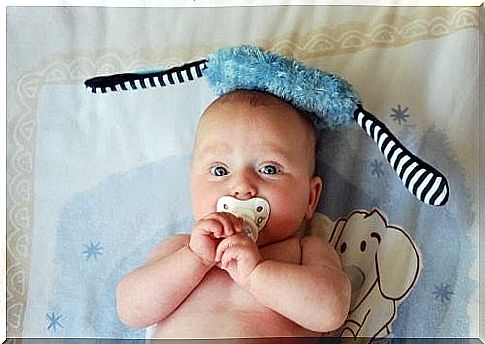
Your baby will always have his pacifier
Myth. Have you ever seen a 10-year-old sleeping with a pacifier in his mouth? You probably do not have that. But babies who suck on the thumb may be able to maintain this bad habit for many years. This can create joint problems and gum problems that can prevent their teeth from growing straight.
A pacifier helps babies comfort themselves because sucking is psychologically soothing for them. The use of a pacifier will only be a problem if it takes too long.
But it is best to limit the use of the pacifier to bedtime, or when the baby is in its cradle. It may help fight cot death if used while your baby is sleeping.
Your baby will not grab your nipple if you are breastfeeding
True. This is not a myth. This is true. When you start breastfeeding, you should wait at least a few weeks before introducing the pacifier. Make sure your child has learned to grasp properly. They must be able to distinguish between suction movements.
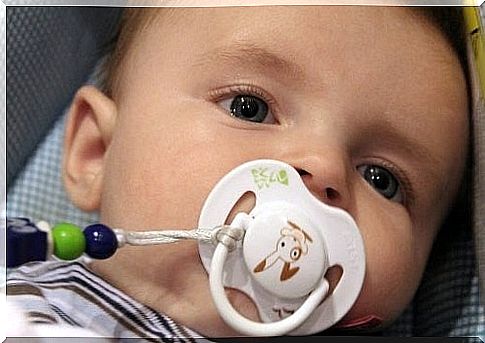
Some pacifiers are better than others
True. While most pacifiers come with claims that they are better than others, it is true, there are some pacifiers that are better for your baby. For example, a pacifier must not be too small, as this can lead to suffocation.
You should give your baby a pacifier that is appropriate for their age group. It should be one fixed part so that there is no risk of it breaking in your child’s mouth.
The use of a pacifier is bad for your baby’s teeth
Myth. Pacifiers do not affect your baby’s teeth unless you are constantly dipping them in juice that contains sugar, which can cause cavities in the teeth. But there is some truth to the myth.
If your baby uses a pacifier constantly, this can lead to a narrowing of their upper palate, a change in the position of the teeth, poor tongue position… but this is only if they use the pacifier for too long.
Do you know any other myths about pacifiers? Or are there some truths you want to share with us? Remember that if you want to wean your baby off using a pacifier, work on it gradually.
How did you get your baby to stop using a pacifier? Was it easy or difficult? Tell us about your experiences.
